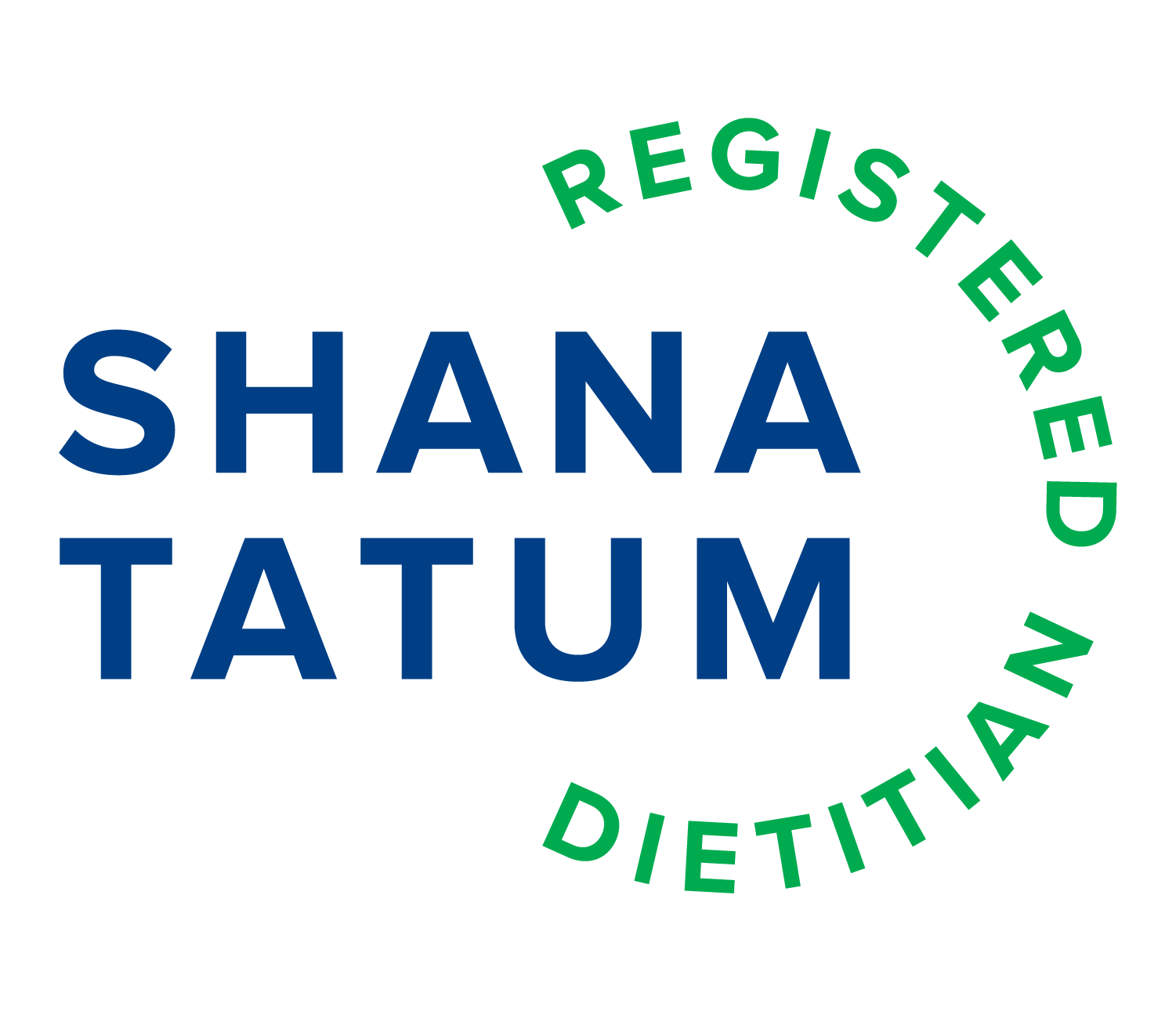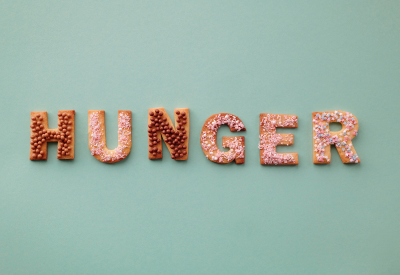Hunger, Appetite and Cravings
Many of us have felt what it’s like to be hungry, sense your appetite, or have an intense food craving. Hunger is the sensation we get when our stomachs are empty. Appetite is the desire to eat food. Cravings, well, they are something different.
Harvard Health defines cravings as, “an intense urge to eat a certain food—and usually right away.” While hunger can be satiated by eating most any food, cravings are very specific to a type of food, like chocolate or ice cream. In addition, cravings can visit us at any time—we can crave a certain food even if we have enjoyed a delicious meal and don’t have any hunger cues.
Where do food cravings come from?
Food cravings can be specific and typically involve a desire for sweet, salty, or fatty foods. And they’re not the result of having a “sweet tooth,” or easy access to these types of foods. Nor does lack of willpower over our behavior direct the comings and goings of cravings. The causes of cravings are physiological in nature. Cravings can be hard-wired into our brains and are regulated biochemicals in the body.
According to the Cleveland Clinic, there are four types of food cravings: food euphoria, feeling stressed, lack of sleep, and day-to-day habits.
Food euphoria happens when the brain turns on certain centers of neurons when the food we crave is consumed. In addition to these biochemicals that we know as the neurotransmitter dopamine, craveable foods stimulate the release of hormones that impact our metabolism, stress levels, and appetite. This euphoria feels like a great reward and naturally makes us want to perpetuate the feeling and we continue to eat that food, generating even more cravings for it.
Day-to-day habits may also be at play with cravings. Sometimes, if we’re used to enjoying snacks when we feel a certain way (e.g., stressed, or tired) or are doing Certain activities, like watching your nightly show, or scrolling on IG) may be associated with snacking or specific foods. By engaging in these habits, we find ourselves automatically eating that craved food without much thought about consuming it.
Lack of sleep can also increase our cravings. A deficit in sleep impacts hormones by creating more stress increasing our desires for certain foods. Lack of sleep has also been shown to increase the hunger hormone ghrelin sending us looking for something to eat. This increase in ghrelin, cause a decreasing in the fullness hormone leptin.
Feeling stressed can intensify food cravings even more. This is especially felt when stress is experienced over the long term. Increases of the stress hormones cortisol signals our “fight or flight” nature that sends us searching for food so we can gain the energy we need to fight or flee. Eating the craved food offers comfort from the stress or sometimes distracts us from it and helps us manage the stressful feelings.
Other factors can contribute to these four causes of food cravings. Perhaps seeing or smelling a craveable food can create seeking behavior. Hormonal fluctuations that occur during the ovulatory cycle. Medications, like antidepressants are known to increase appetite. There has also been some research investigating connections between food cravings and our genes and gut microbiota.
How to curb cravings
Denying hunger cues is not part of a smart plan for health. However, at times when we’re craving something right after a delicious meal could be a signal that you are having a craving and not hunger. For an example like this, there are a few ways you can try to help curb those cravings.
Balance meals
Many times, patients report the afternoon cravings and fatigue. We then go back and talk about what they had for lunch. By eating meals that are highly nutritious and contain protein, fat, and fiber, you can feel full and fueled for longer . Avoiding skipping meals may also be a good strategy. The big trends with intermittent fasting can intensify feelings of hunger and lead to eating too much, too fast, or eating fast foods that are packaged and processed.
Drinking water
It’s possible that thirst is what needs to be quenched and not hunger or cravings. Most of my patients do not keep up with their hydration needs. By staying hydrated throughout the day , it’s possible to reduce the distraction that comes from cravings.
Make nutritious snacks more convenient.
Some people snack on convenience foods because they are convenient. It’s something fast to grab eat, without the time needed to prepare a more balanced snack. This is part of what makes eating a more balanced diet harder, it takes some effort. Deciding and engaging with discipline for your self-care is just as important as your time spent exercising and getting into a good sleep habit. With some forward preparation you can make nutritious foods just as convenient. Easy dips and spreads like nut butter, hummus, plain yogurt, salsa, or guacamole can satisfy cravings too.
Be more mindful.
Have you ever found yourself in the pantry thinking “why and I here”? Often our cravings are a signal for a need that yet to be met. Perhaps it’s rest, hydration, a fear of getting started on a project, or even boredom. If we pause and reflect on this, even just a moment, it can be helpful. Your answer may be, yes, I am hungry and proceed to nourish. But, if a cup of hot herbal tea and a 15-minute break may also help, then turn on the kettle.
If these ideas do not eliminate your cravings, then consider enjoying your craving, but maybe a smaller portion of it. There is a saying of what you resist persists, and only you know what is right in that moment. These feelings of food cravings are normal and common.
Physiologically, stress, sleep, hormones, biochemicals, and neurotransmitters affect our cravings. Hunger, appetite, and food cravings are a complex system and do not result from a not lack of control or willpower.
Now that we understand more about their causes, we can start smart strategies to guide them toward our health goals.

